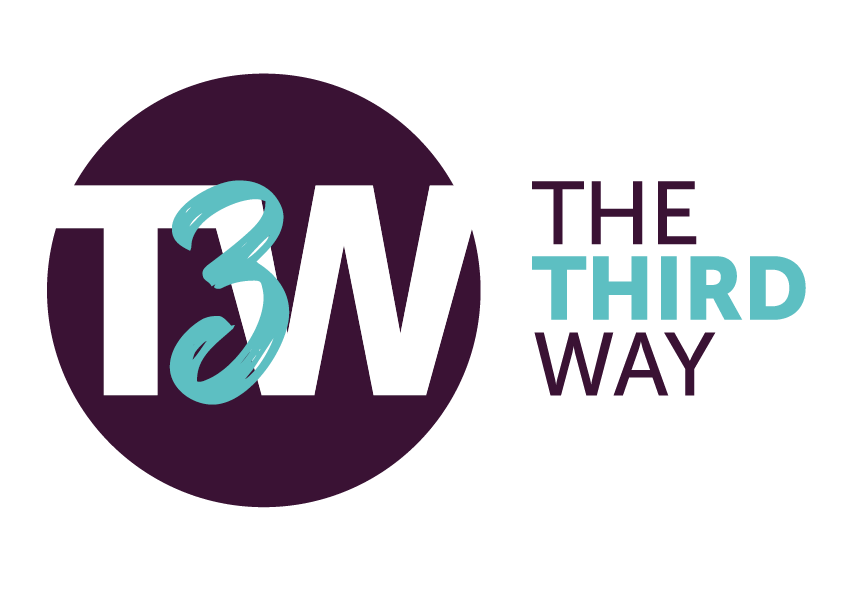Glossar
A Business Angel is an independent individual who provides capital for the development of a business.
Crowd-funding. The practice of funding a project or venture by raising money from a large number of people who each contribute a relatively small amount, typically via the internet.
Dissemination refers to the process of sharing research findings with stakeholders and wider audiences. To disseminate is to distribute, spread, broadcast, or disperse widely.
Evaluation. Project evaluation is a systematic and objective assessment of an on-going or completed project. The aim is to determine the relevance and level of achievement of project objectives, development effectiveness, efficiency, impact and sustainability.
Exploitation. The utilization of results of project activities other than those covered by the action concerned, or more importantly, the developing, creating and marketing a product or process, or in creating and providing a service.
Ideation refers to the process of developing and conveying prescriptive ideas to others, typically in a business setting. It describes the sequence of thoughts, from the original concept to implementation.
Impact is the effect that the activity carried out and its results have on people, practices, organizations and systems.
Mission creep. A gradual shift in objectives during the course of a funding or tendering campaign, often resulting in an unplanned long-term commitment or an unplanned change in strategic direction.
Outputs is defined as the act of producing something, the amount of something that is produced or the process in which something is delivered.
Outcomes are the events, occurrences, or changes in conditions, behaviour, or attitudes that indicate progress toward a project’s goals.
A Pitch deck is a brief presentation, often created using PowerPoint, Prezi or similar, used to provide an audience with a quick overview of a business plan. A pitch deck is normally used during face-to-face or online meetings with potential investors, customers, partners and co-founders.
Social enterprise is a cause-driven business whose primary reason for being is to improve social objectives and serve the common good. A successful social enterprise is one that balances the tension between upholding the social mission of their organization and maximizing the productivity of their business venture to ensure sustainability.
Social impact assessment (SIA) is a methodology to review the social effects of infrastructure projects and other development interventions.
Sustainability is the ability of an organization to continue its mission or program far into the future. All projects have to end eventually, but the project impact should continue. … A project or organization can be sustainable in three main categories: organizational, financial, and community sustainability.
Theory of Change (ToC) is a specific type of methodology for planning, participation, and evaluation that is used in companies, not-for-profit organisations, social enterprises and government sectors to promote social change. Theory of Change defines long-term goals and then maps backward to identify necessary preconditions.
Valorisation is a term that includes dissemination and exploitation activities. The overall objective of valorisation is to promote a project and its results and foster their use by different individuals and organisations, with the attempt of continuously spreading and improving the usage and the content of the results. This can be done by finding synergies and complimentary areas within different projects and bringing them together.
